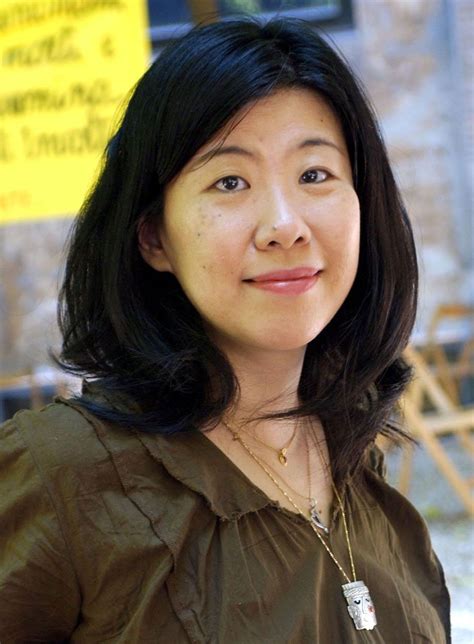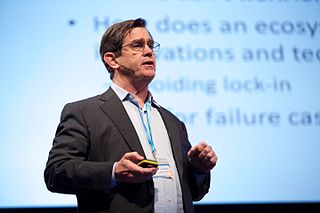A Quote by Ursula K. Le Guin
The old knowledge had been difficult but not distressing. It had been all paradox and myth, and it had made sense. The new knowledge was all fact and reason, and it made no sense.
Related Quotes
It all made sense - terrible sense. The panic she had experienced in the warehouse district because of not knowing what had happened had been superseded at the newsstand by the even greater panic of partial knowledge. And now the torment of partly knowing had yielded to the infinitely greater terror of knowing precisely
For many ages it has been allowed by sensible men, Nihil est in intellectu quod non fuit prius in sensu: That is, There is nothing in the understanding which was not first perceived by some of the senses. All the knowledge which we naturally have is originally derived from our senses. And therefore those who want any sense cannot have the least knowledge or idea of the objects of that sense; as they that never had sight have not the least knowledge or conception of light or colours.
The lights were off so that his heads could avoid looking at each other because neither of them was currently a particular engaging sight, nor had they been since he had made the error of looking into his soul. It had indeed been an error. It had been late one night-- of course. It had been a difficult day-- of course. There had been soulful music playing on the ship's sound system-- of course. And he had, of course, been slightly drunk. In other words, all the usual conditions that bring on a bout of soul searching had applied, but it had, nevertheless, clearly been an error.
We're living in a Dark Age of macroeconomics. Remember, what defined the Dark Ages wasn’t the fact that they were primitive — the Bronze Age was primitive, too. What made the Dark Ages dark was the fact that so much knowledge had been lost, that so much known to the Greeks and Romans had been forgotten by the barbarian kingdoms that followed.
A discovery must be, by definition, at variance with existing knowledge. During my lifetime, I made two. Both were rejected offhand by the popes of the field. Had I predicted these discoveries in my applications, and had those authorities been my judges, it is evident what their decisions would have been.
So, have you been enjoying yourself these days, Kazami?' I'm having lots of fun.' It was true. That made the sense of regret even keener, that this time in my life would soon be a thing of the past. I felt as if I could understand a little of what my mother had been through, and the feelings she may have had at different times. I wasn't a child anymore, and this made me feel awfully lonesome, and utterly alone.
No one has a monopoly on knowledge the way that, say, IBM had in the 1960s in computing, or that Bell Labs had through the 1970s in communications. When useful knowledge exists in companies of all sizes and also in universities, non-profits and individual minds, it makes sense to orient your innovation efforts to accessing, building upon and integrating that external knowledge into useful products and services.
The myth of the dead Indian goes back to the Protestant settlement of the U.S. The Pilgrims wanted to start a new life in America. They wanted to believe that in some sense they had come to a new Eden and that they could leave history behind in Europe. So they convinced themselves that this land had no history, that this was "virgin" land. This made the Indians' presence inconvenient.
It came to me…that I didn’t want to be anywhere else in the world at that moment, that what I was feeling at that moment justified all I had been through, because all I had been through was my being there. I was experiencing…a new self-acceptance, a sense that I had to be this mind and this body, its vices and its virtues, and that I had no other chance or choice.
It meant that Diana had not waited for any explanation, however halting and imperfect, but had condemned him unheard; and this showed a much harder, far less affectionate woman than the Diana he had known or had thought he knew - a mythical person, no doubt created by himself. It had of course been evident from her letter, which made no reference to his; but he had not chosen to see the evidence and now it was absolutely forced upon his sight it made his eyes sting and tingle again. And deprived of his myth he felt extraordinarily lonely.
Martin Scorsese was one of the few who had not been an assistant. Most of the guys had been an assistant and worked their way up. But I had seen an underground picture he had made in New York, a black-and-white film. I had done a picture for American International, about a Southern woman bandit, the Ma Barker story, and it was very successful, and I had left to start my own company, and they wanted me to make another one.







































